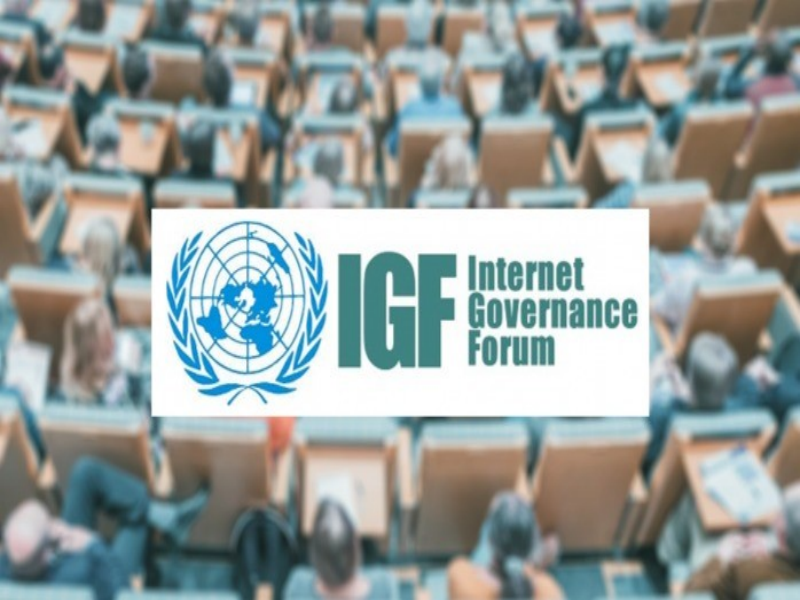- The IGF Secretariat invites input to improve the IGF 2025 planning based on experiences from IGF 2024.
- Feedback is requested on various aspects, including programme structure, logistics, and thematic focus, with a deadline of 12 January 2025.
What happened: IGF 2024 insights shape IGF 2025
The Internet Governance Forum (IGF) Secretariat calls for feedback to refine the planning for IGF 2025, using insights from IGF 2024. Stakeholders, including small tech companies and community organisations, are encouraged to contribute their experiences regarding the event’s structure and logistics. This initiative aims to enhance future gatherings by addressing issues such as the effectiveness of hybrid formats and the inclusivity of discussions.
Critics argue that without comprehensive feedback from diverse voices, particularly from underrepresented groups, the IGF risks becoming irrelevant. “The success of future forums hinges on our ability to listen to all stakeholders,” stated a representative from a small tech firm.
Conversely, some believe the call for inputs is a positive step towards greater engagement. By actively seeking contributions, the IGF demonstrates a commitment to transparency and adaptation, essential for fostering a more inclusive digital environment.
Also read: Australian regulator cracks down on cryptocurrency-related crime
Also read: Virginia man convicted of using cryptocurrency to fund ISIS
Why this is important
The call for feedback on IGF 2024 serves as a crucial mechanism for enhancing the Internet Governance Forum’s relevance and effectiveness. In an era where digital governance is increasingly under scrutiny, the input from diverse stakeholders—including small tech firms and civil society groups—can significantly shape discussions around internet policies. Small companies, often on the front lines of technological innovation, have unique insights that can inform broader regulatory frameworks.
For instance, recent discussions on data privacy and cybersecurity highlight the need for inclusive dialogue. “We cannot afford to overlook the perspectives of smaller players,” emphasised a representative from a grassroots tech initiative.
Moreover, the emphasis on inclusivity aligns with global movements advocating for digital rights, making this feedback process not just an organisational necessity but a social imperative. By fostering a collaborative environment, the IGF can better address the complexities of internet governance, ultimately impacting how policies are formed that affect everyone in the digital landscape. This commitment to improvement resonates beyond the IGF, influencing industry standards and practices globally.

